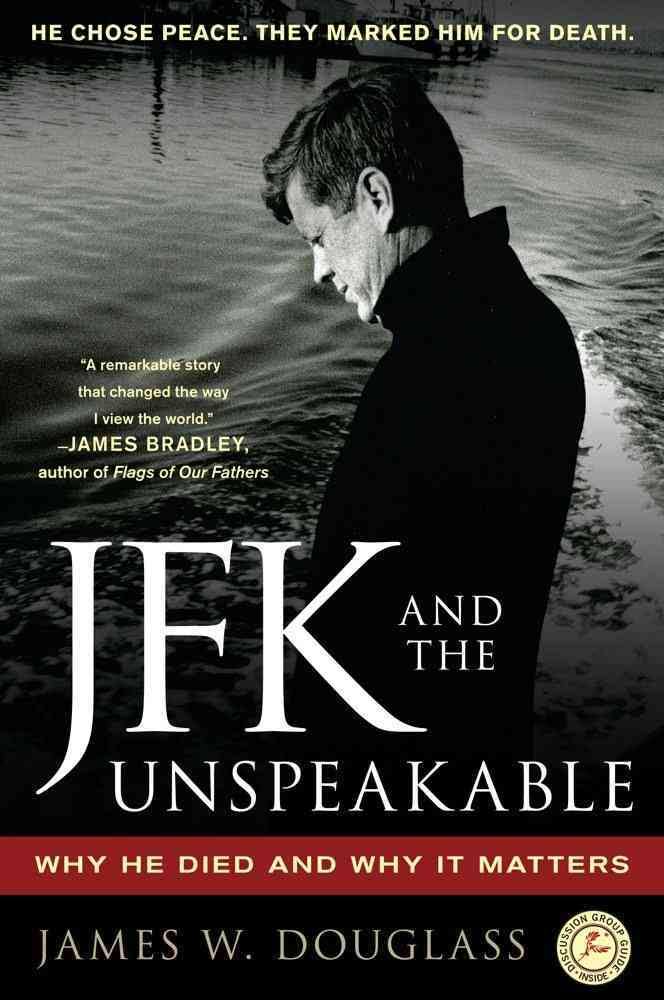Displaying items by tag: FOREIGN POLICY
James W. Douglass, JFK and the Unspeakable
A rich, rewarding, and reverberating book which both illuminates and empowers the reader, the best book in the field since Breach of Trust, writes Jim DiEugenio.
David Halberstam, The Best and the Brightest, Part 2
Jim DiEugenio continues his re-examination of Halberstam, emphasizing the near total antithesis between LBJ and JFK in terms of Vietnam (and foreign policy in general) which the book all but erased.
David Halberstam, The Best and the Brightest, Part 1
In the first of a two part study, Jim DiEugenio reexamines, in the light of what we now know, the book which perhaps more than any other epitomized the accepted wisdom on JFK's role in US involvement in Vietnam.
Gordon Goldstein, Lessons in Disaster
Although [Bundy] thought [Halberstam's The Best and the Brightest] was an entertaining and informative read, he concluded that the central thesis was just wrong. It was not the advisers—the best and brightest—who did the staff work who got us into the Vietnam War. It was the difference in the men who occupied the Oval Office. It was the difference between Kennedy and Johnson, writes Jim DiEugenio.
James Blight, Virtual JFK (Part 2)
The book is well worth buying. In my view, it closes the chapter on a debate that has been going on since 1992. As shown here, it's a debate that should have never started, concludes Jim DiEugenio.
James Blight, Virtual JFK (Part 1)
I actually wish the film had been longer so it could incorporate more of [the] facts and more of the revelations of the Assassination Records Review Board, since these all but closed the book on this ersatz debate about JFK and Vietnam, writes Jim DiEugenio.
Lamar Waldron, with Thom Hartmann, Legacy of Secrecy - Update
Jim DiEugenio discusses reactions to his review of Lamar Waldron's Legacy of Secrecy.
Lamar Waldron, Ultimate Sacrifice
One of the most puzzling things about Ultimate Sacrifice is that some have actually taken it seriously. Peter Scott has said it is well documented. My question to Peter: Well-documented with what? Frank Ragano and Ed Partin? If you don't analyze the footnotes you might be impressed, writes Jim DiEugenio.
Lamar Waldron, with Thom Hartmann, Legacy of Secrecy
With what the authors have now done to Williams' credibility, plus the near universality of agreement on the true nature of the C -Day plans, the end should be spelled out for this entire "second invasion" thesis, writes Jim DiEugenio.
Warrior for Peace
At the height of the cold war, Kennedy found a way to inch back from the nuclear precipice. Under relentless pressures to go to war, he kept the peace. He talked to his enemies; he recognized the limits of American power; he understood that our true power came from our democratic ideals, not our military prowess. He is still a man ahead of his time, writes David Talbot.
Copyright 2016-2022 by kennedysandking.com • All Rights Reserved


